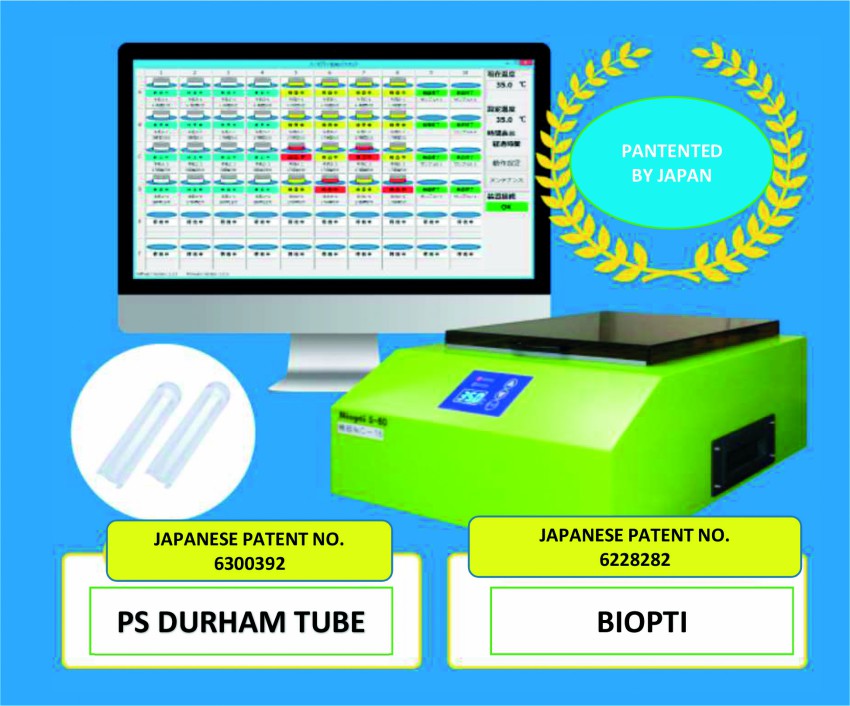
Japan is globally regarded as one of the healthiest countries in the world. A diet rich in fish and grains and a high-quality universal healthcare system are some of the main factors behind the health of the archipelago nation, which boasts the longest life expectancy in the world and ranks fourth in the latest Bloomberg Healthiest Countries Index 2019.
It goes without saying that the food and healthcare industries are essential to the nation’s health. One company highly active in both sections is Kyowa Medical, which, since its establishment in 1986, has focused its efforts on raising health and hygiene standards.
Kyowa Medical began as a trader of medical devices. But the company has since branched out to become a full-fledged medical consultancy firm, as well as offering hygiene management solutions for the food industry, the area which will form the basis for its overseas expansion.
Strangely, for a nation renowned for the quality of its food, until recently there were no consistent safety standards in the Japanese food industry. Kyowa, thus, spotted a gap in the market for a company that could come in to set standards, as well as offer related machinery and consultancy services in food hygiene and safety.
“When it comes to hygiene standards in Japan, there was nothing that was consistent. Only last year, a law was passed which obliges all Japanese food products to comply with HACCP standards(an internationally recognized system for food safety),” says Kyowa vice president, Toshiya Onodera.
“It is great that the law was implemented, but it’s another thing for it to actually be applied. And that’s why we believe our job is essential; our approach is to help food providers implement this regulation. We decided to create our original system called K-HACCP and give food providers continued training and education in
order for them to maintain high levels of excellence in food safety and hygiene.”
At the same time that Kyowa Medical is looking to franchise its system and export it to wide range of overseas clients, it is also developing machinery that can detect germs and viruses in food factory assembly lines, such as its awardswinning, fully-automated BIOPTI machine , which the company believes can be extremely successful on the global market.
“Until our BIOPTI was introduced, we noticed that various companies had their own internal inspection systems in place, which are carried out by the naked eye of their inspector used by Durham tube. Our machine is fully automated, therefore we are able to eliminate human error,” explains Mr. Onodera.
With this ground-breaking new machine, Kyowa will focus on targeting “Meat”, “Dairy” and “Water “, before expanding to all food segments, as well as its presence overseas. “I’d like to promote the awareness and use of “BIOPTI” across the world and become the pioneers in this field with our inspection system. We would also like to spread the use of our BIOPTI,” adds Mr. Onodera.
“We are aware that we may face difficulties in introducing such products but we will strive to overcome this barrier and look forward to this challenge of spreading the knowledge and use of products around the world.”
0 COMMENTS